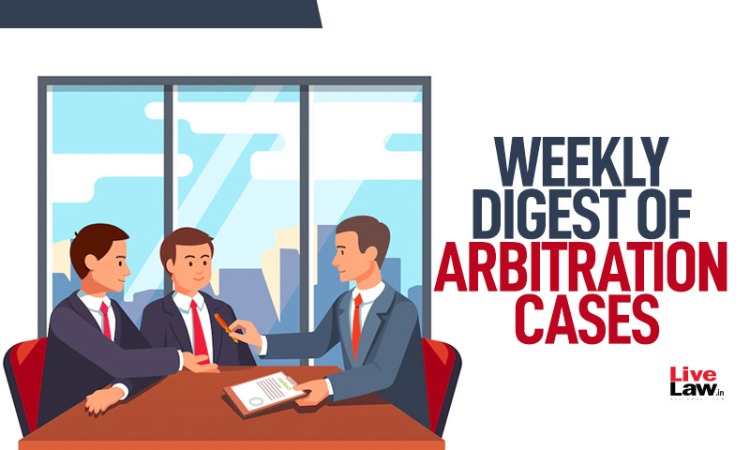Next Story
29 May 2023 9:30 AM IST
Supreme Court:Limitation Period For Arbitration | Cause Of Action To Appoint Arbitrator Commences From The “Breaking Point” Between Parties : Supreme CourtCase Title: M/s B and T AG vs Ministry of DefenceThe Supreme Court has held that the cause of action to appoint an arbitrator would commence from the “Breaking Point” at which any reasonable party would abandon efforts for at...

